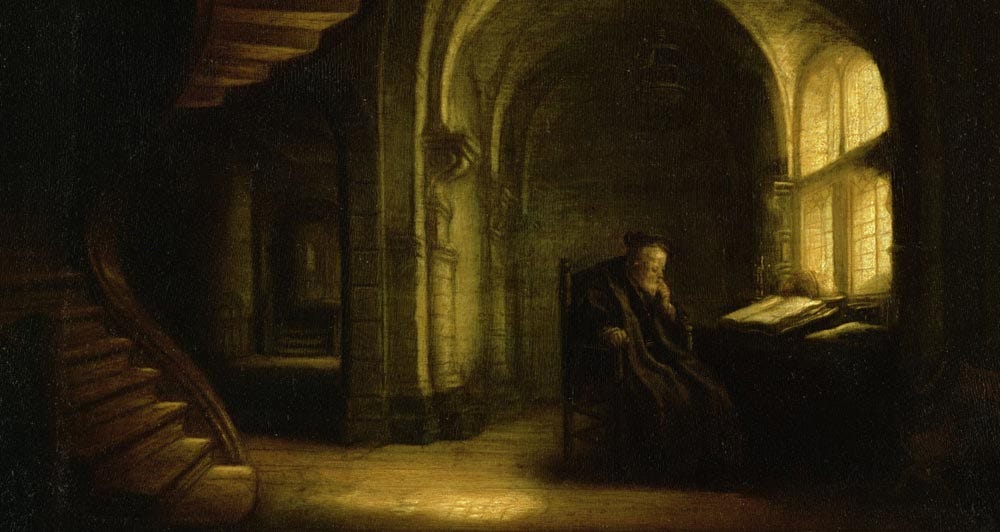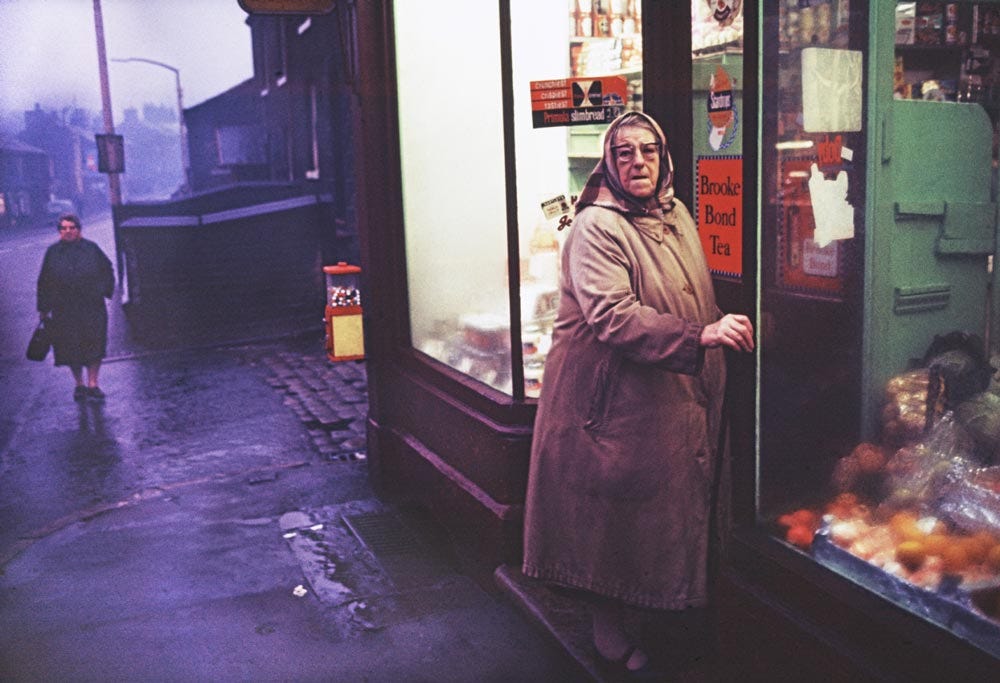From Blasphemy to Hate Speech (I. Intro)
(Note: this essay is the first in a series.)
Britain used to have laws against Christian blasphemy.
Before telling the story of how they were abolished and replaced, it seems appropriate to give my own perspective. Especially since I am not myself a Christian, people might wonder what my interest in this is, and why I would lament the passing of such things.
My thoughts about blasphemy laws are nuanced. On the one hand, I greatly value freedom of speech and freedom of artistic expression, and dislike pettiness, self-righteousness and closed-mindedness. As someone who has himself been deplatformed as well as socially and financially punished for his words, I can say that censorship is not a pleasant experience. I believe in civilisation more than I believe in ideology, and I think the best of our intellect is that which can entertain ideas without hysterically embracing them or reviling them. If we do not respect freedom of speech, expression and inquiry, we fail as Europeans.
On the other hand, I am very aware of the power of words and images to influence people’s thinking and thus their behaviour. I desire the survival and betterment of my people, both biologically and spiritually. I believe in the former Western civilisation and in European man’s ability to produce such things. I don’t want the best of us poisoned while they are trying to build.
I also believe that European man, as much as any other kind of human and perhaps more than any other, requires a promise of the Divine. He needs to believe that all around him is not just meaningless atoms, that there is a unifying force which justifies and explains the material, and that there is a point to it all - to that which is all around him and to the mystery of his own existence, especially when that existence is often beset with pain, sorrow and confusion. If an answer can be provided for him, I don’t necessarily care whether it is true or not, only whether it works. In that sense I am a pragmatist. However, I do genuinely believe in the Divine - but, as with so many free-thinkers, not as it is posited by organised religion. But I think the masses are not free-thinkers and cannot ever be, so they need organised religion. I have enough care for the common man not to cause trouble about this - especially because the alternatives arrived at by free-thinkers like myself are often lacklustre in comparison to “the established solutions”.
I also believe there is a distinction that should be drawn between those few people who can handle, and in some way benefit from, controversial and troubling ideas, and the masses, who are simply corrupted and ruined by the same ideas. Since we live in the real world, we have to respect human nature as it is. What is good or harmless for a select few but hazardous to the vast majority and to the body politic, cannot be allowed to run rampant just for the benefit of that select few. I don’t want the little people poisoned while they are trying to live.
My thoughts about Christianity are also nuanced. However, for the purposes of this essay series and of day-to-day living, I accept that Britain was, and to a great extent still is, a Christian country, with a native population who are majority Christian or, more commonly now, Christian-derived. Christianity, whatever you or I think of it, is at the centre of our culture. Therefore, when it is damaged, the British people are damaged or at least made vulnerable. I think this assertion does not need defending in 2024 because it is no longer theoretical or speculative: the real-life evidence for it has become copious.
I also think that blasphemy is almost never sincere. Of course there are cases where someone has a personal vendetta against Christianity (eg. a cruelly doctrinaire childhood) but these cases are rare. Then there are cases where someone of a foreign religion or ethnic group attacks Christianity because they know it is valuable to white people - that is blasphemy, but would be better called “inter-ethnic sabotage”. But what about white people who don’t have a personal vendetta, yet attack Christianity anyway? This describes most cases of blasphemy, and I think the motive is hatred of, not Christianity itself, but the traditionalism it embodies, the stability it enables, or the ordinary people it comforts. In these cases blasphemy is an inherently anti-social and egotistical thing, done not to improve society or even to damage the religion as such, but to explode tradition and distress ordinary people. When someone makes obscene material regarding Christ, for example… are they really motivated by animus towards Christianity? Or by loathing of stability, resentment of their fellows, and enthrallment with their own “cleverness”? I think the latter, as someone who experienced British art college in the early 2000s.





